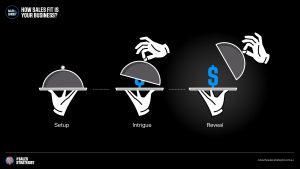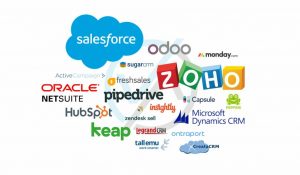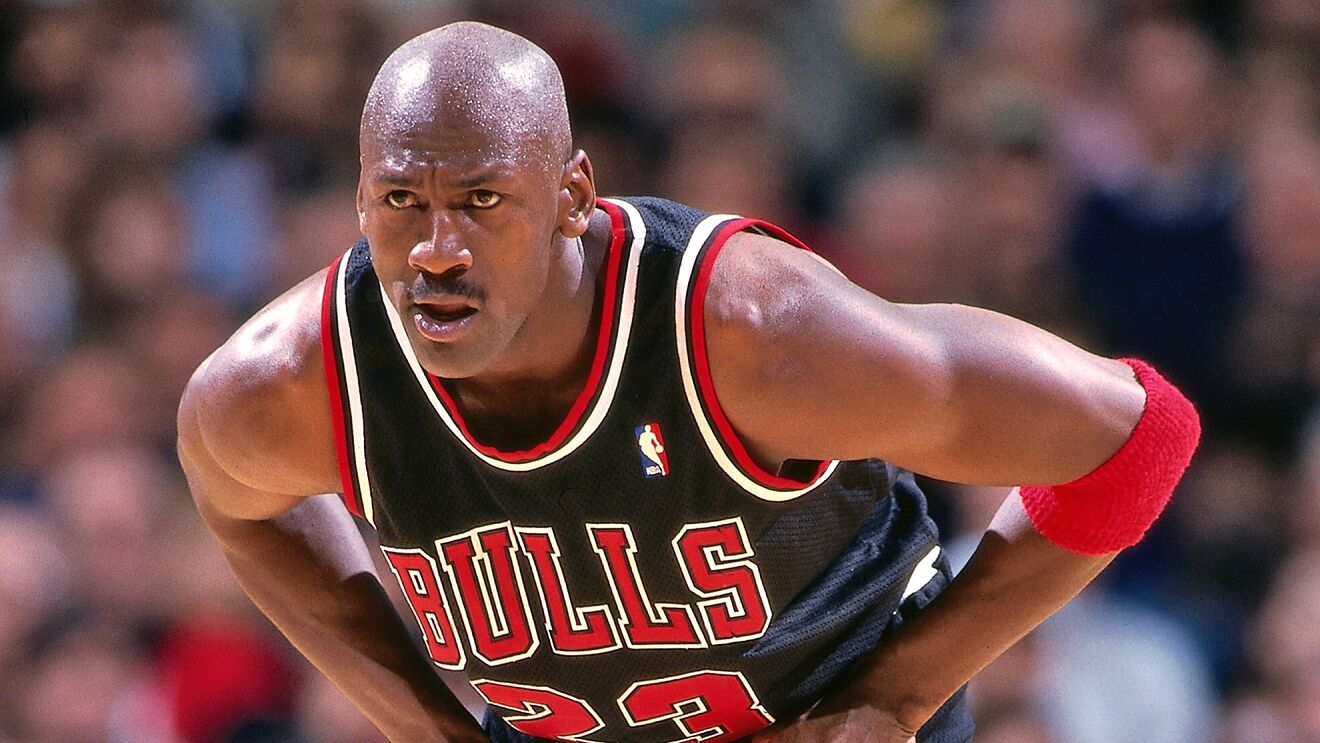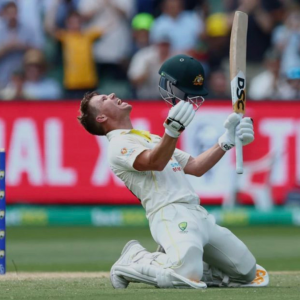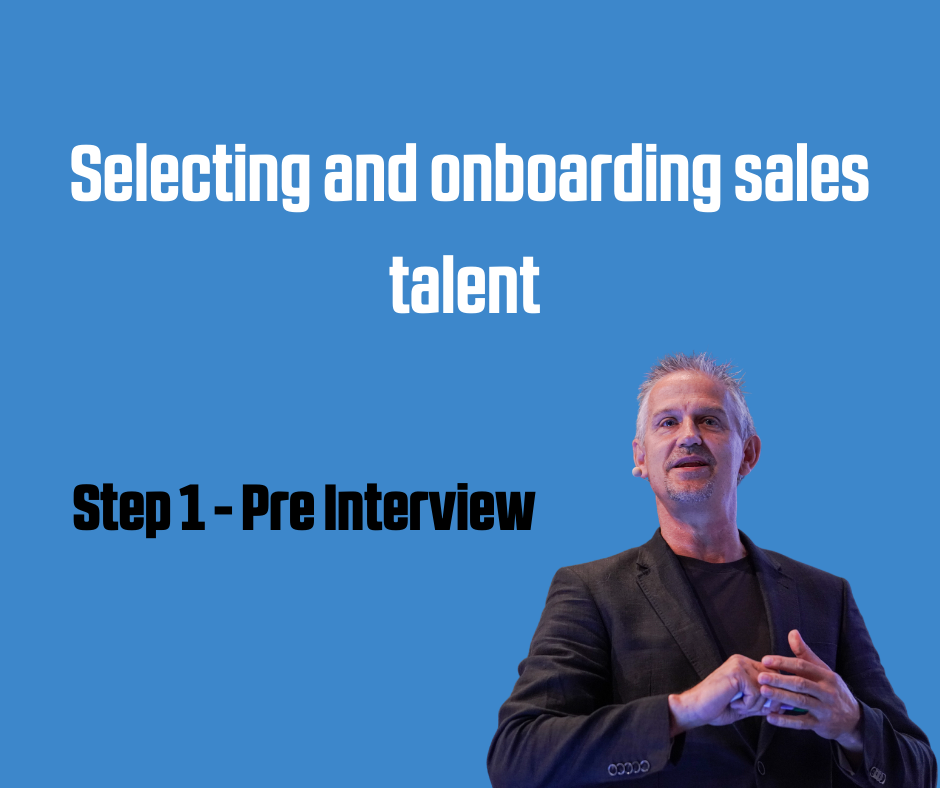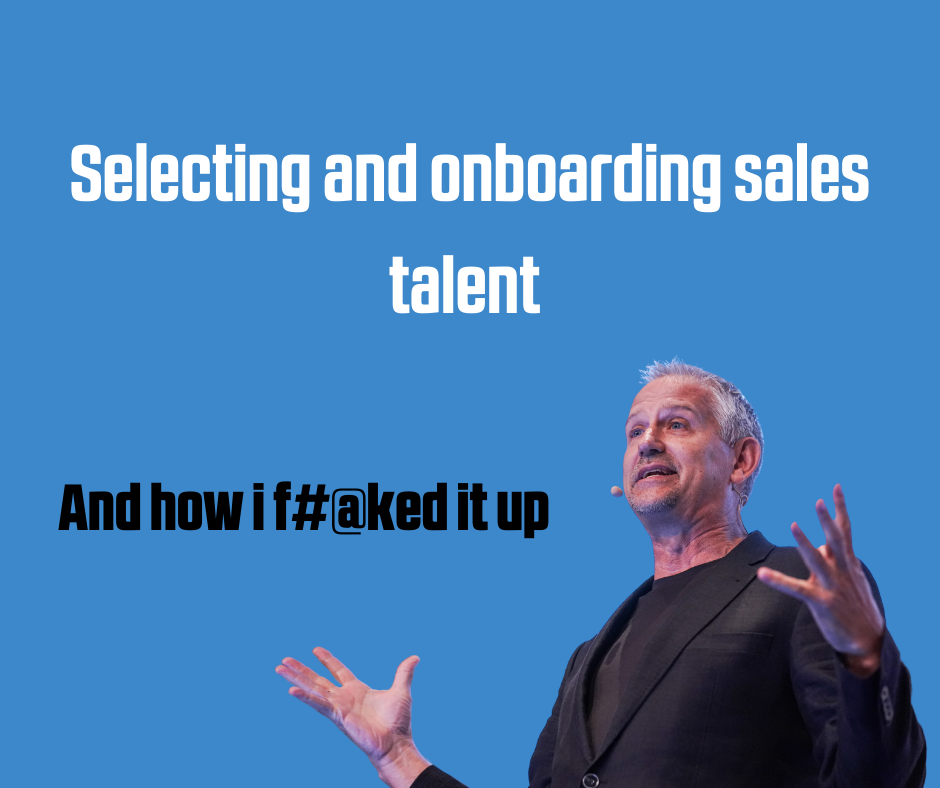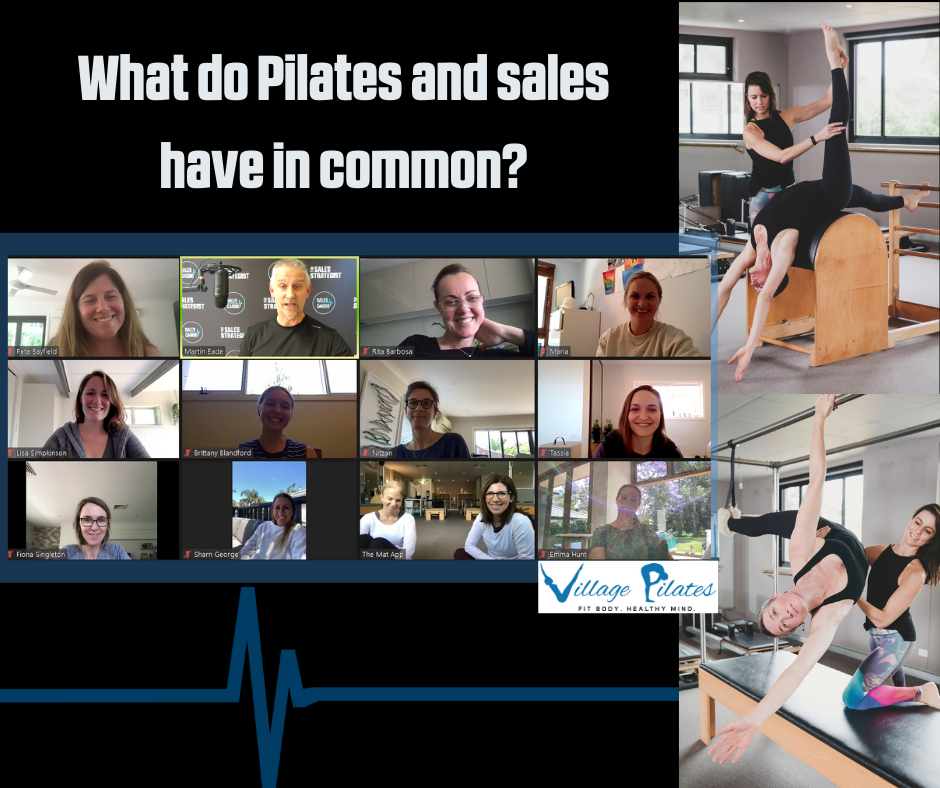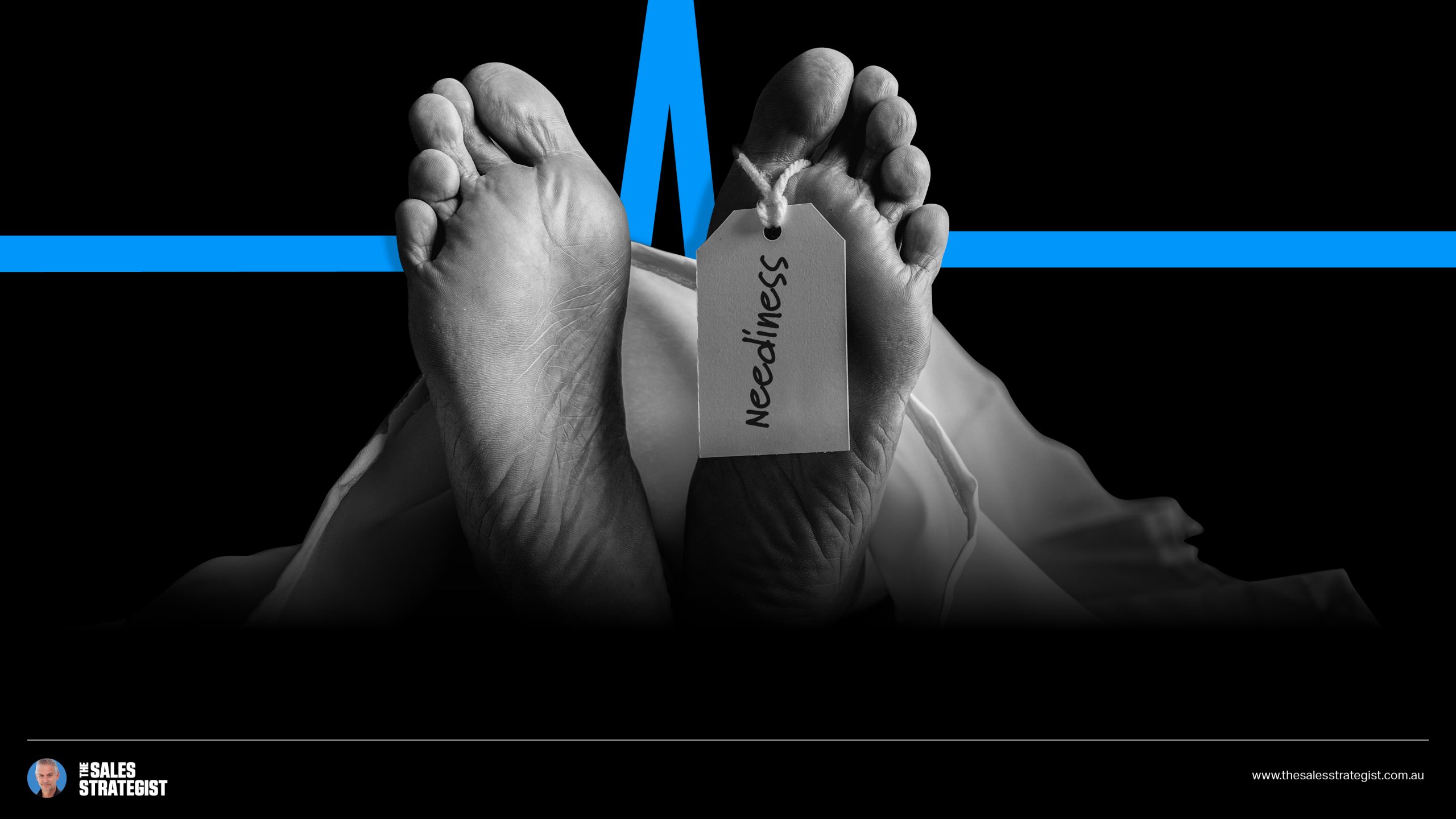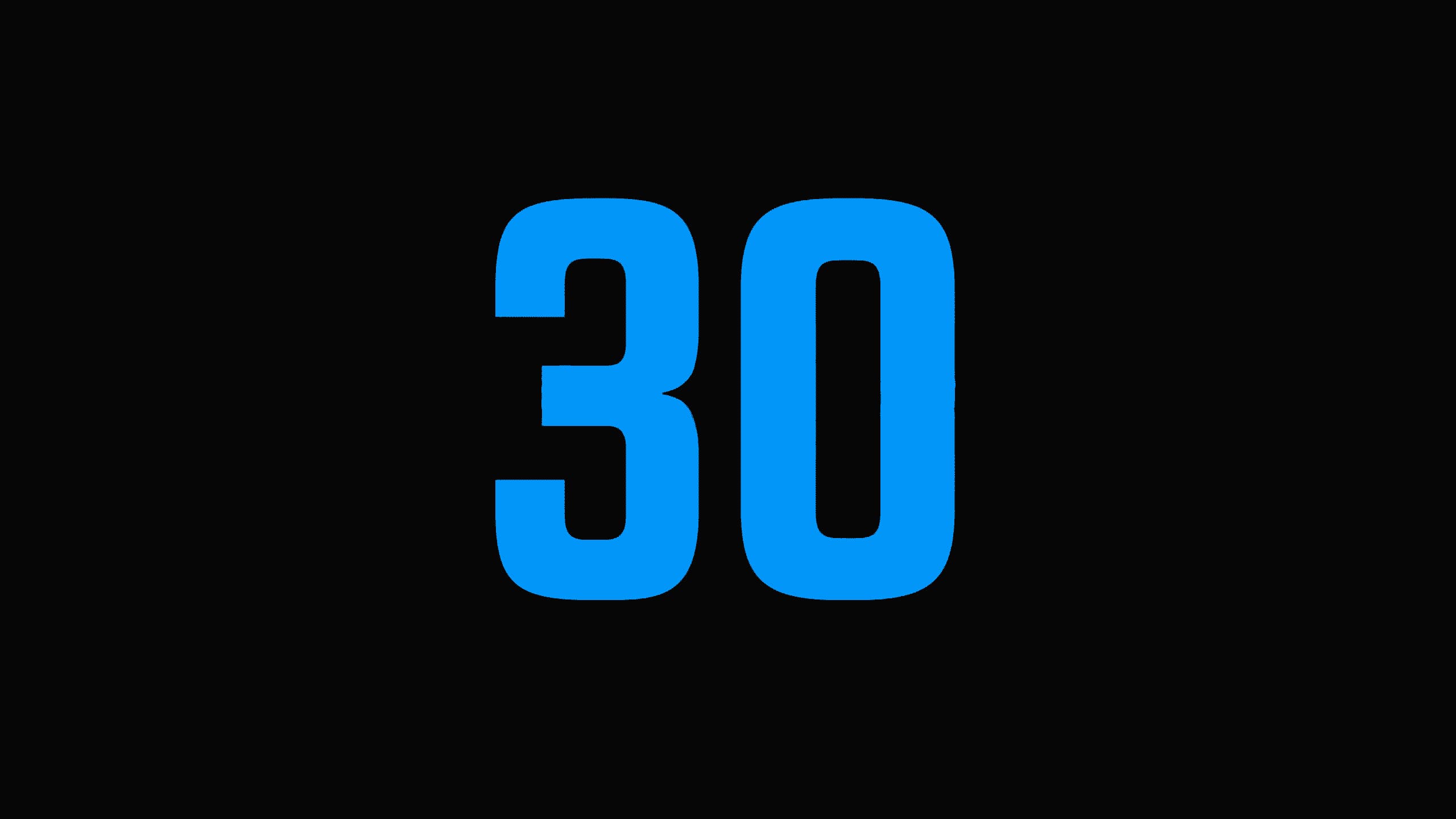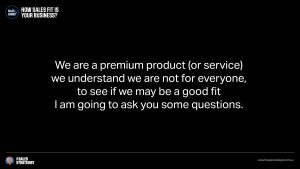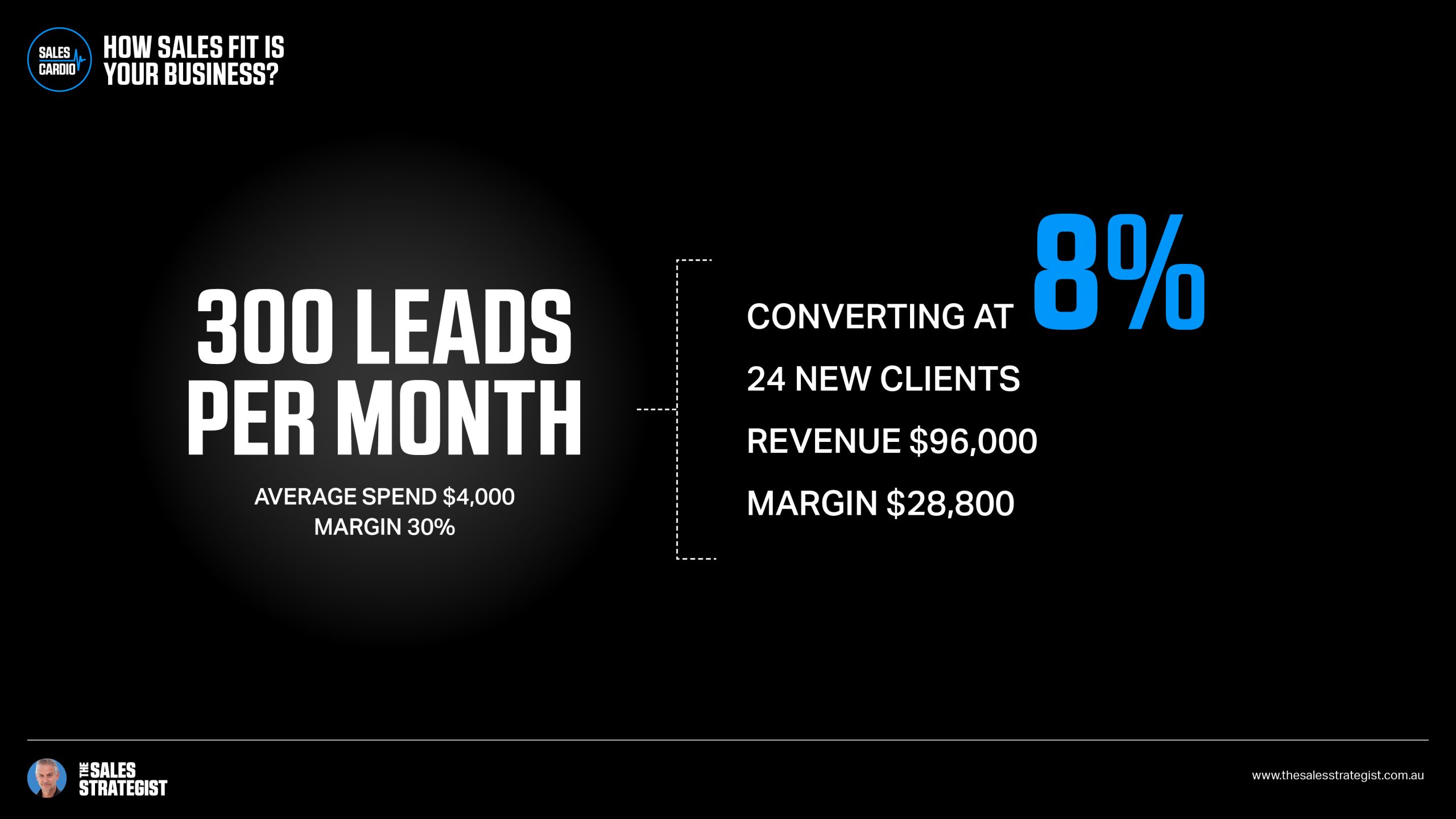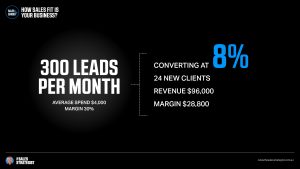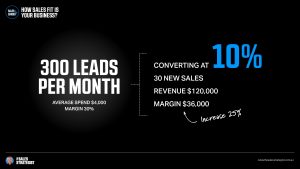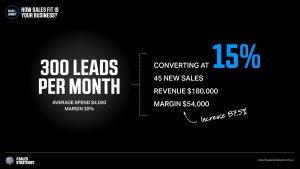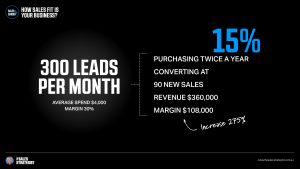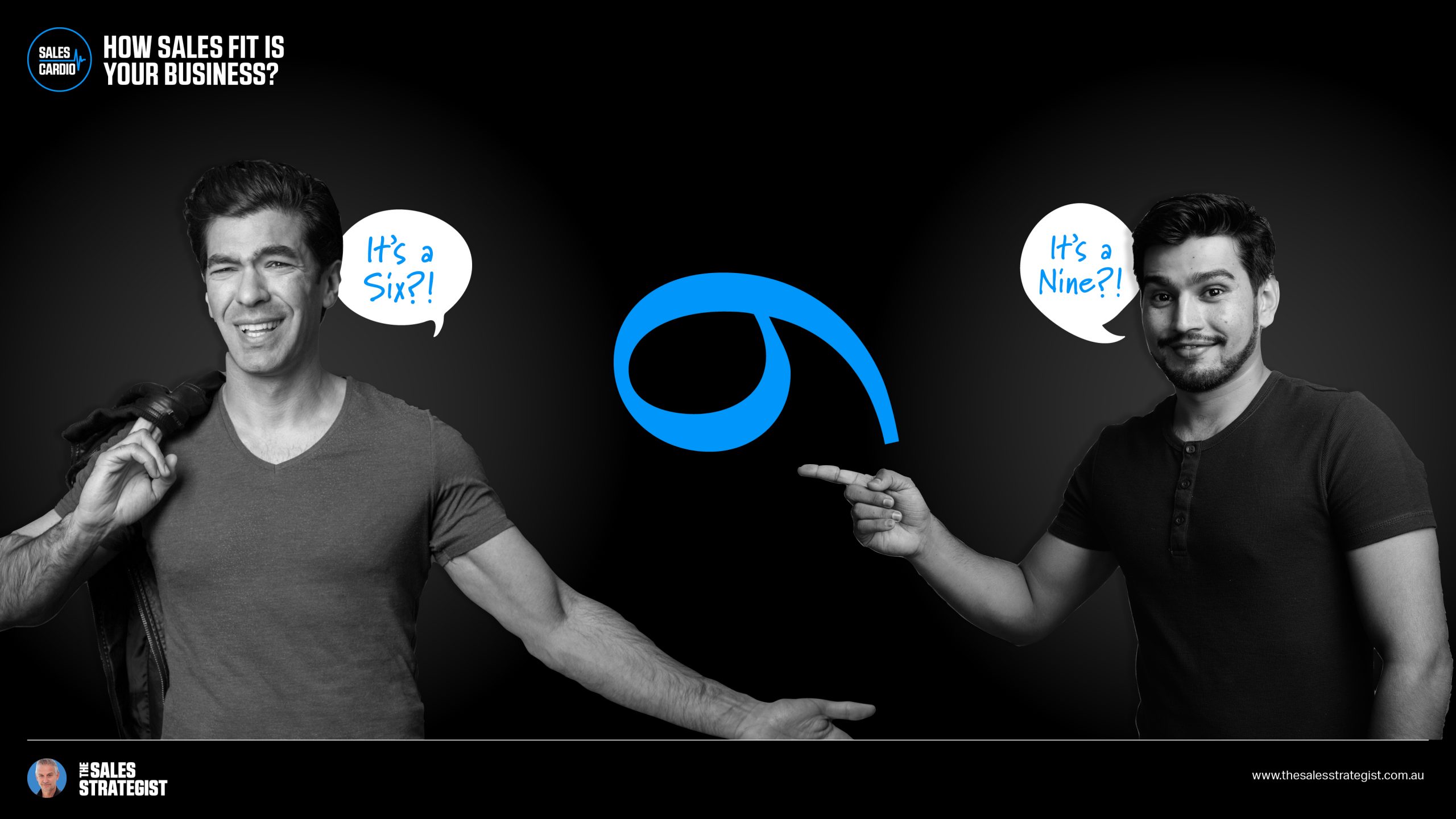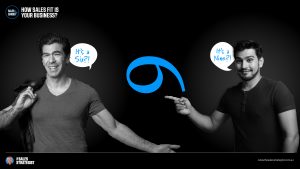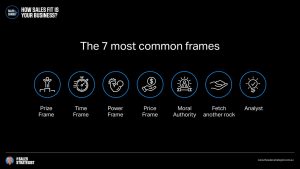Sales tips from LeBron ?
I admit I do not know much about him; I have heard his name but unlike Michael Jordan, Magic Johnson or the Shaq I would not know him by sight.
Probably a generational thing!
Yet he has just become the highest points scorer in all of NBA history, 38 390 as I write this blog and still going strong.
What an amazing feat of talent and endurance.
But if we were to get some sales tips from LeBron what would they be?
Consistency

Since he was drafted in 2003 Lebron has demonstrated a high degree of consistency voted Rookie of the year in 2004 with his career record littered with NBA championships, Championship MVP and league MVP awards, the list is impressive.
And what is more impressive is these awards and victories are not concentrated in a small block. They are spread out over what is now a twenty-year playing career.
And if you look at all champions that are at the top of their games, consistency is crucial.
Sales tips from Lebron would include
Consistently turning up, making the calls, following the process, pitching, and closing even on days when you didn’t really feel like it or want too.
Consistency in sales is a superpower, tasks become habitual, and you do them anyway.
Failure is part of the journey.

Sure Lebron is the highest points scorer in NBA history, look at his stats.
- 27.2 points per game
- 7.5 rebounds per game
- 7.3 assists per game
- 1.5 steals per game
- 0.8 blocks per game
- 3.5 turnovers per game
- 38.1 minutes per game
- 50.5 percent shooting
- 34.4 percent 3-point shooting
- 73.5 percent free throw shooting
Lets drill down on 3 statistics that show Lebron failed over and over.
50.5 percent shooting percentage – he missed 49.5% of the time.
And from 3 point range he missed 65.6% of the time.
Even from the free throw line he missed 26,5% of the time.
By any measure Lebron failed, a lot.
Salespeople also fail a lot.
The difference between elite athletes and salespeople, is the salespeople tend to take it personally, as being rejected, they get down on themselves.
Sales tips from LeBron would include accepting that failure is part of the journey, you know you will fail more often than you win.
But in each failure, there is a lesson.
A way to improve.
And this is why a majority of salespeople do not reach their full potential – they fail to learn a lesson and seek ways to improve.
Learning from failure

Lebron and his team would have embraced failure and learned from it.
They would watch back every game, they would debrief their offensive and defensive plays
They would be critical of their own performances.
They would practice, get coached, and practice some more.
If your sales team is not following a similar process, they will not learn from failure
Sales tips from LeBron would include
- Know the stats – Lebron does, and you should too. Your sales team and each member in it need to know their numbers, their conversion rates at step of the process.
- The stats should be in full public view weekly, Lebron’s is. Although unlike a sales team his stats are in the press and being analysed by commentators.
- Every pitch should be debriefed, Every game of Lebron’s is – how can anyone improve if their performance is not reviewed.
- If possible, every zoom sales call recorded. You guessed it, Lebron’s games are, not only for entertainment but for coaching and quality control reasons!
- Calls should be viewed by sales leaders and coaches. Lebron and his team are surrounded by coaches who cast an eye over everything they do.
- Every week feedback on how to improve their process should be given. Lebron and his team are coached constantly. Techniques are improved and at that level, a 1% gain can be worth millions and an NBA championship ring.
Sales tips from LeBron can be implemented in your business today – what is stopping you?
If you are unsure how to implement these lessons with your team, jump on a call with Martin.
BOOK A STRATEGY CALL WITH MARTIN
You may also like to read this recent blog The process of selling and what we can learn from elite athletes.






